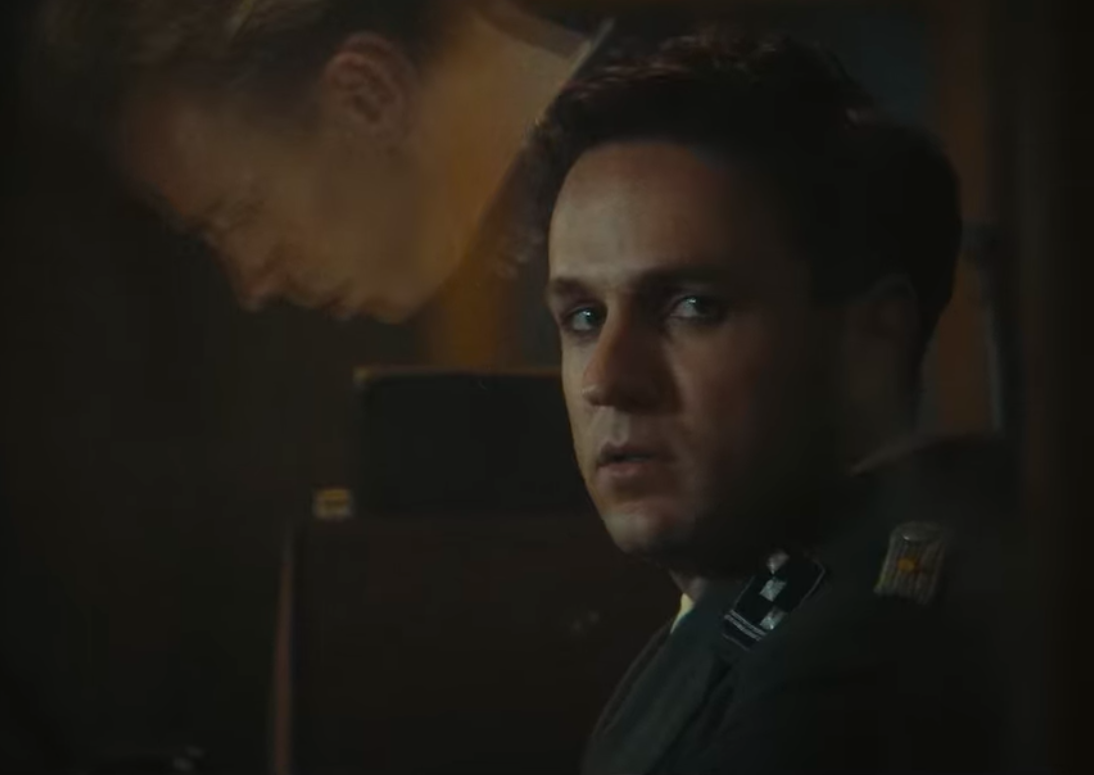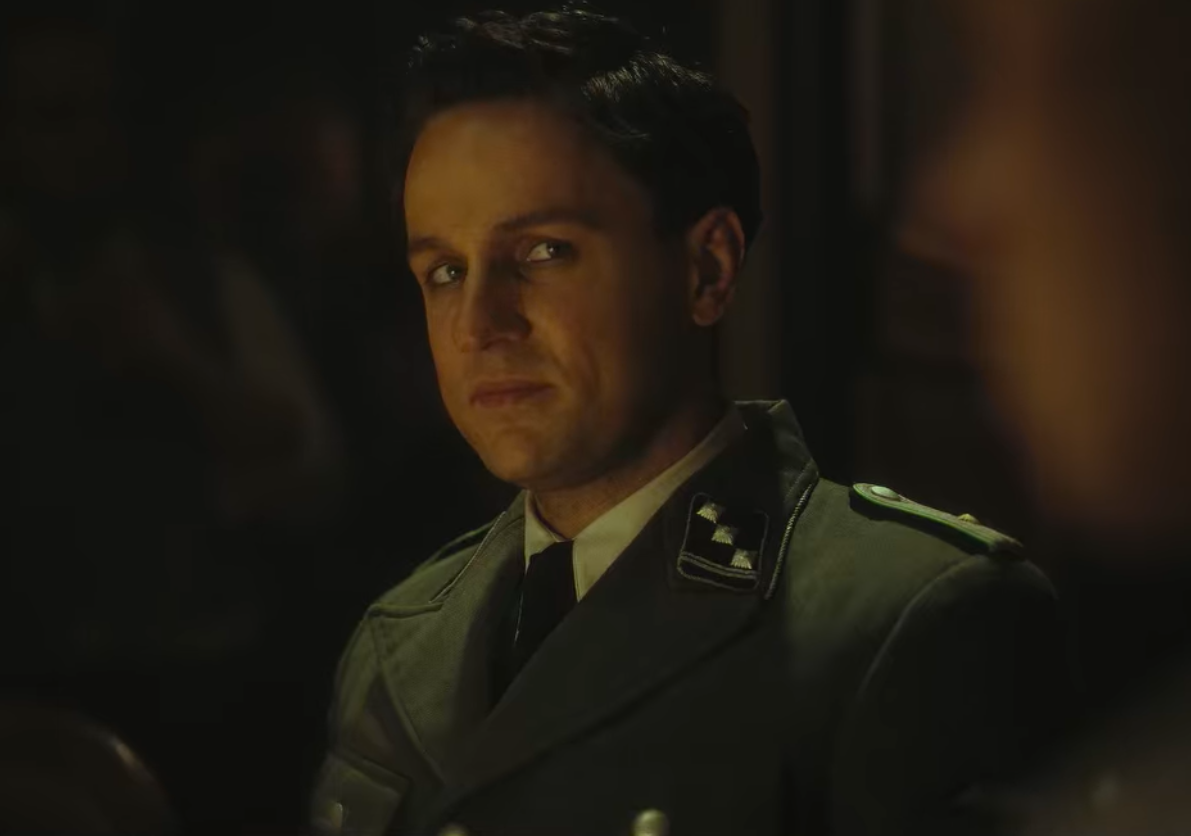In Netflix’s ‘Will,’ the audience goes on a morally trying journey with the eponymous protagonist as he is forced to choose between ideals and survival. The story begins with two men in the Antwerp police force who end up killing an SS officer while trying to protect a Jewish family from dying at his hands. This puts them in a precarious situation where they know they’ll die for sure if they are caught. The arrival of another SS officer, Gregor Schnabel, makes things even more dangerous for them, as he turns out to be shrewder than expected. Considering that the film takes place during the Second World War, the audience is bound to wonder if the character of Gregor Schnabel is based on a real Nazi officer. SPOILERS AHEAD
Gregor Schnabel Paints a Fictional Picture of Real SS Officers
‘Will’ is a fictional story that takes inspiration from the novel of the same name by Jeroen Olyslaegers. The author was inspired by the real stories of collaborators during the Nazi occupation of Belgium and based certain events and the actions of the characters on the real-life stories he’d come across several times prior to writing the novel. While he could have chosen a real-life person to base the story on, he decided to view the story from a fictional lens to further explore the dicey grounds of being a collaborator of an oppressive regime.

Much like almost every other character in ‘Will,’ Gregor Schnabel is entirely fictional. While Olyslaegers had to put a lot of thought into constructing the character of Wilfried Wils, especially when it comes to his intentions and the choices he makes over the course of the story, he didn’t have to delve that deep when it came to writing Schnabel. He is the typical Nazi officer, with nothing weighing on his soul about his actions and the terror he is inflicting on the people that his regime wants to eradicate.
Schnabel enters the picture after Wil and Lode kill another Nazi officer by mistake. With the war raging, the German authorities don’t take the sudden disappearance of one of their officers lightly. While it’s possible that Schnabel has an idea of what’s going on, especially considering that he keeps a close eye on Wil, he doesn’t seem too bothered and waits patiently for things to unfold on their own. He’s more interested in manipulating Wil to get to the Resistance rather than racking his brain about the murder investigation.
Schnabel’s character acts as the other extreme to the Resistance, with Wil finding himself caught in the middle, first wanting to stick to the good side but then slowly slipping to the dark side as he convinces himself that he has no other option but to do whatever it takes to survive. This contrast allows Wil’s arc to come to an end in a way that makes the audience consider their own position, especially concerning the question of what they would have done had they been in Wil’s place. What would they have done if a person like Schnabel confronted and threatened them? Would they go against him, or would they surrender? In that way, Schnabel acts as a catalyst, a plot device that underlines the themes of the story and sends the message across in a powerful manner.
Read More: Are Wil and Lode Based on Real Antwerp Police Officers?


You must be logged in to post a comment.